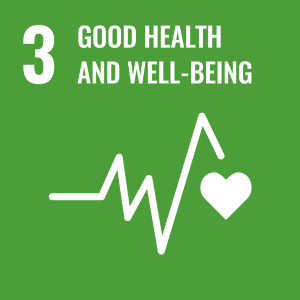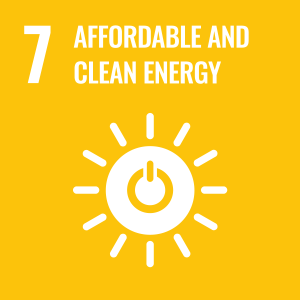Introduction to the Sciences
Students will learn the names of various scientific equipment and how to use them safely; including (but not limited to) Bunsen burners and microscopes. Students will demonstrate the attainment of skills in these areas, culminating in the presentation to the students of a Bunsen burner licence.
Cells
Students will learn about cell structure, the differences between plant and animal cells, specialised cells, unicellular organisms and how to calculate the magnification of a cell when using microscopes. Assessment throughout the course via quizzes, homework tasks using BoostOnline; End of topic tests followed by feedback to students.
Skeletal and Muscular Systems and Organisation
Students will learn about the structure and function of the skeleton, muscles and how they work to help movement, and the principles of organisation (cells -> tissue-> organ -> organ systems). Assessment throughout the course via quizzes, homework tasks using BoostOnline; End of topic tests followed by feedback to students.
PD Unit – Drugs

An investigation of the various drugs to which students will be exposed (caffeine, tobacco, alcohol) allowing them to understand and manage peer pressure, so that they can make healthy choices. No Assessment – review quiz done at the end.
The Particle Model
Students will learn the states of matter and the simple particle model, investigate the properties of the different states of matter, describe how substances change state and investigate the relationship between pressure and temperature in gases. Assessment throughout the course via quizzes, homework tasks using BoostOnline; End of topic tests followed by feedback to students.
Atoms, Elements and Compounds
Students will learn the current model of the atom and its structure, how to write chemical symbols and formulae, the differences between elements and compounds; and the differences between the physical and chemical properties of a substance. Assessment throughout the course via quizzes, homework tasks using BoostOnline; End of topic tests followed by feedback to students.
Pure and Impure Substances
Students will be able to differentiate between a pure and impure substance, define the terms mixture, soluble, insoluble and saturated, and investigate the relationship between solubility and temperature. Assessment throughout the course via quizzes, homework tasks using BoostOnline; End of topic tests followed by feedback to students.
Fuels and Energy Stores

Students will be able to state the Law of Conservation of Energy, define the different forms of energy, explain an energy store and how energy is transferred, learn about renewable and non-renewable energy resources and convert units between joules and kilojoules. Assessment throughout the course via quizzes, homework tasks using BoostOnline; End of topic tests followed by feedback to students.
Speed
Students will learn the units of measurement of speed, distance and time, use equations for calculations, draw and analyse distance-time graphs and explain the idea of relative motion. Assessment throughout the course via quizzes, homework tasks using BoostOnline; End of topic tests followed by feedback to students.
Forces
Students will be able to define what is a force, name and categorise forces, describe forces using force diagrams, investigate forces using Hooke’s Law, and explain balanced and unbalanced forces and their relationship. Assessment throughout the course via quizzes, homework tasks using BoostOnline; End of topic tests followed by feedback to students.



